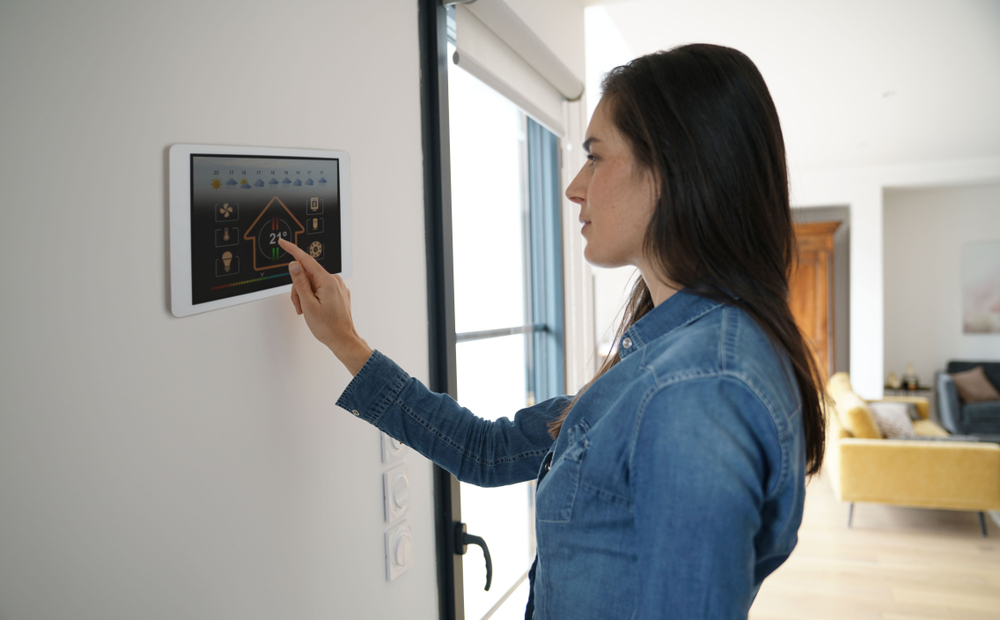How to Use Smart Devices to Help Protect Your Home from Major Damages

A recent Nationwide Insurance survey found that most homeowners are not using smart devices to help protect their homes from major damages as well as get a discount on their homeowners insurance.
According to the survey, 91% said they did not have sensors that monitor water flow and leaks which can help prevent massive water damage if a pipe breaks or starts leaking.
A shocking 79% did not have a smart smoke/carbon monoxide detector which can help prevent deadly carbon monoxide incidents and a smart smoke detector can alert both the homeowners and the local authorities to a smoke or fire issue.
Data from the Insurance Information Institute shows that the average loss cost for water damage or pipes freezing is $12,514. That number jumps up dramatically for fire or lightning damage with the average loss coming in at $83,519.
In most cases, homeowners insurance will cover the damage from these types of incidents but making a claim can always lead to a rate increase, not to mention the time and inconvenience of having your home repaired.
“The most avoidable claims can be non-weather-related water losses, with most issues coming from leaky pipes, bad fixtures, or water heater leaks,” said Sara Jacobs, Nationwide’s Vice President of Personal Lines Product Development in a recent Fox News article. “Devices that detect these issues early can help avoid major problems.”
While not legally required in all states, most industry experts recommend homeowners install devices like smoke and CO2 detectors as well as water sensors. These devices not only offer peace of mind and protection for your home but may lead to a discount on your homeowners insurance. According to the Nationwide press release, protecting a property from a potentially big claim due to water, smoke or fire damage, may result in savings on your homeowner insurance premiums.
Homeowner insurance rates have been rising over the last few years. According to the 2023 Policygenius home insurance pricing report, home insurance rates increased an average of 21% at renewal. Much of the rate increase can be blamed on climate related damage. Storms and fires have led to some insurers pulling out of certain markets completely.
According to the NOAA National Centers for Environmental Information (NCEI), last year there were 18 climate disasters that caused damage totaling at least $1 billion each to $165.1 billion.
While smart devices could help prevent water, smoke or fire damage, most homeowners choose not to install them because of the cost. According to the Nationwide survey, roughly 45% said that they did not purchase smart home products as well as the subscription services that often required because they were “too expensive.”
“Homeowners should connect with their insurance agent to understand the benefits and level of protection that smart home products can provide,” Jacobs advised in the Fox New article.
Here’s who is paying the most for insurance
A recent Policygenius report found that home insurance rates went up as much as 35%. The following states saw the highest increases at renewal:
- Florida (+35%)
- Idaho (+31%)
- Colorado (+30%)
- South Dakota (+28%)
- Louisiana, Texas and Oklahoma (+27%)
“Several of these states have dealt with an increase in natural disaster losses and dwindling insurance options over the last few years,” Policygenius said in its report.
Climate change has fueled climate-related disasters which is pushing up the cost of homeowners insurance rates. The cost of homeowners insurance is making it hard for some homeowners to afford coverage and the increased risks are devaluing properties according to data from the First Street Foundation.
